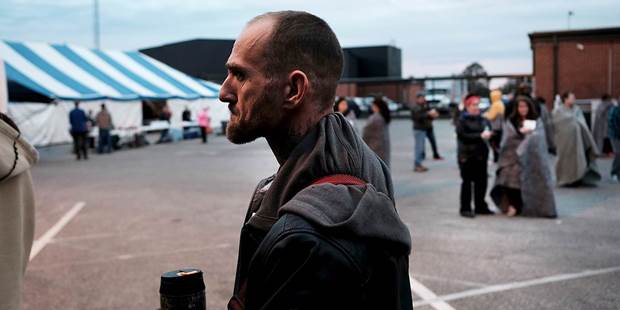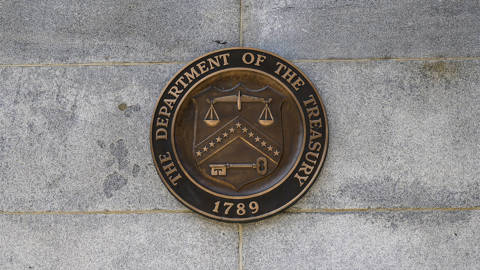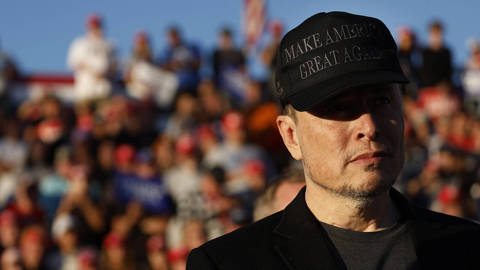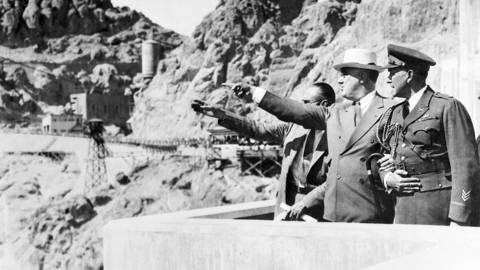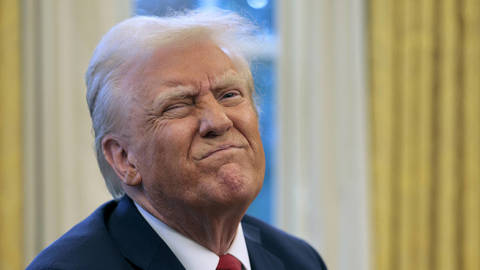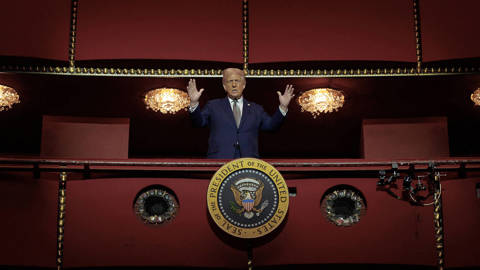Angus Deaton
Angus Deaton, the 2015 Nobel laureate in economics, is Professor Emeritus of Economics and International Affairs at the Princeton School of Public and International Affairs, Presidential Professor of Economics at the University of Southern California, and co-author of Deaths of Despair and the Future of Capitalism (Princeton University Press, 2020).
-
Progress in Peril

Progress in Peril
Dec 11, 2023 Angus Deaton reflects on the apparent reversal in global economic development and its implications for the future.
-
Is Economic Failure an Economics Failure?

Is Economic Failure an Economics Failure?
Dec 12, 2022 Angus Deaton considers the discipline's responsibility for contemporary social and political ills.
-
Who Broke American Democracy?
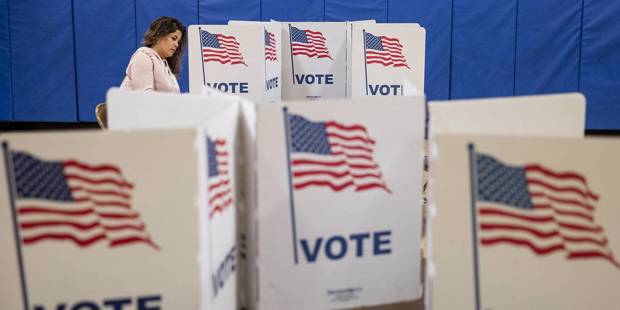
Who Broke American Democracy?
Oct 27, 2022 Angus Deaton sees attacks on the US election system as an outgrowth of longer-running institutional failures.
-
America's Killer Capitalism

America's Killer Capitalism
Dec 4, 2021 Anne Case & Angus Deaton show that there are no excuses for the declining prospects among less-educated cohorts.
-
An Interview with Angus Deaton
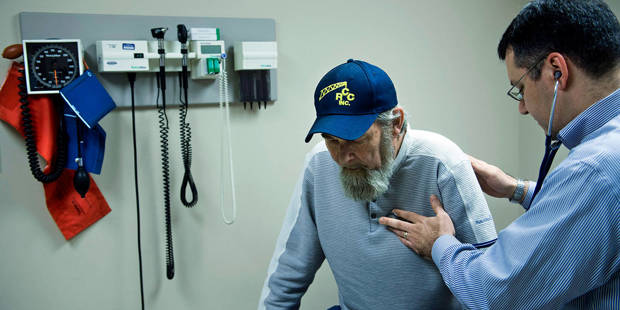
An Interview with Angus Deaton
Jun 15, 2021 Angus Deaton
